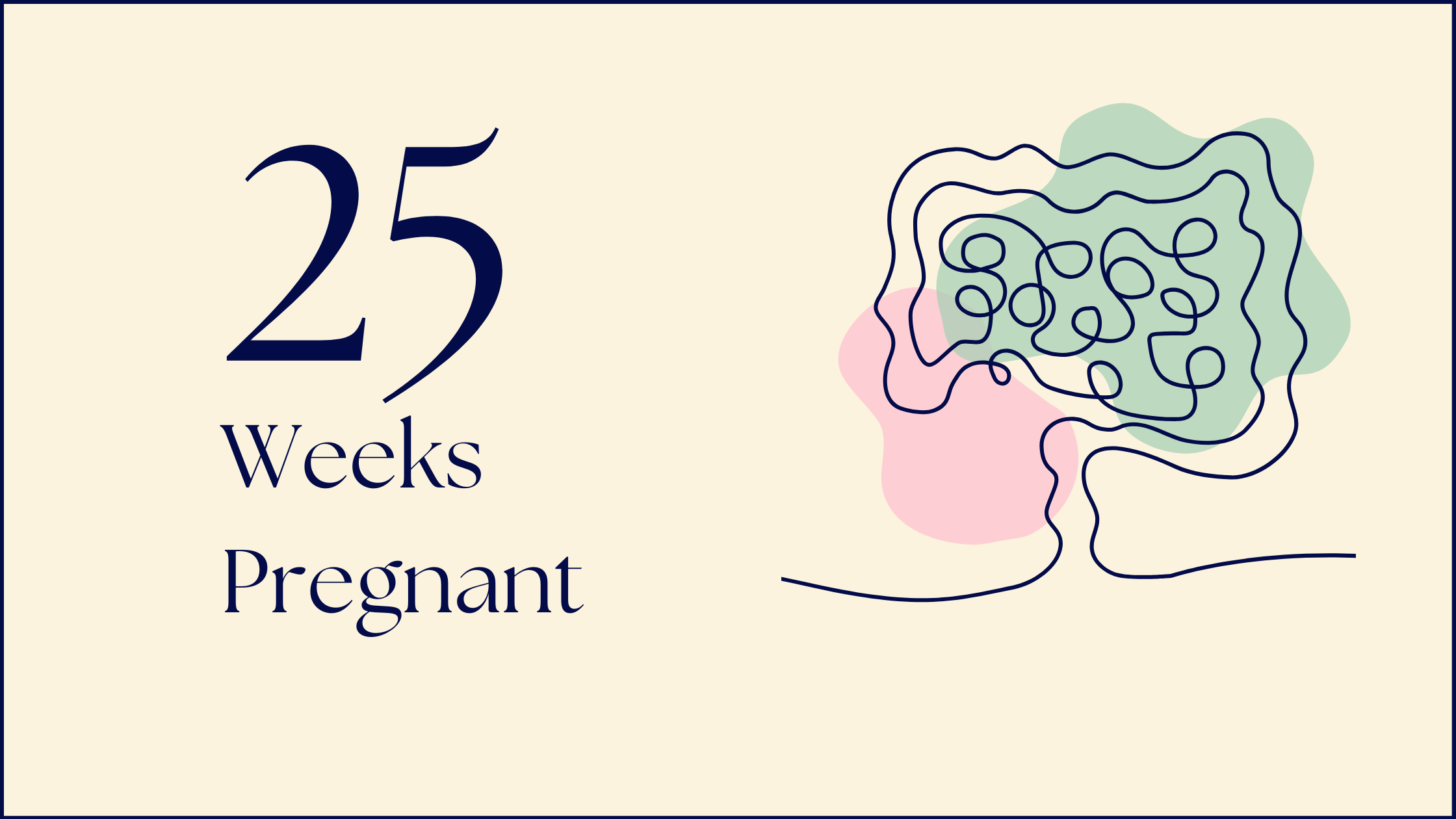Protecting Preterm Babies with Human Milk
Necrotizing Enterocolitis (NEC) is a painful and life-threatening condition that affects the intestines of preterm infants. While the exact cause of NEC remains unknown, we do know the most effective way to reduce the risk: providing babies with human milk.
Preterm babies fed a diet of human milk have a 15 times lower risk of developing NEC compared to those who do not receive it. This makes human milk not just a source of nutrition but a life-saving intervention.
It’s important to know this, not only to prepare should your baby arrive early, but also to understand the broader community impact. Donor milk is a critical resource for our most vulnerable babies, and becoming a donor can save lives.
Tips for You This Week
- Learn about how donor milk supports preterm infants and how you can contribute to this lifesaving effort.
- If you’re interested, consider pre-registering to become a milk donor so you’re ready when the time comes.
- Share the importance of donor milk with friends and family to raise awareness.
Fun Fact:
Human milk contains unique bioactive components, including human milk oligosaccharides (HMOs), special sugars which help protect against NEC by promoting healthy gut bacteria and reducing inflammation.





